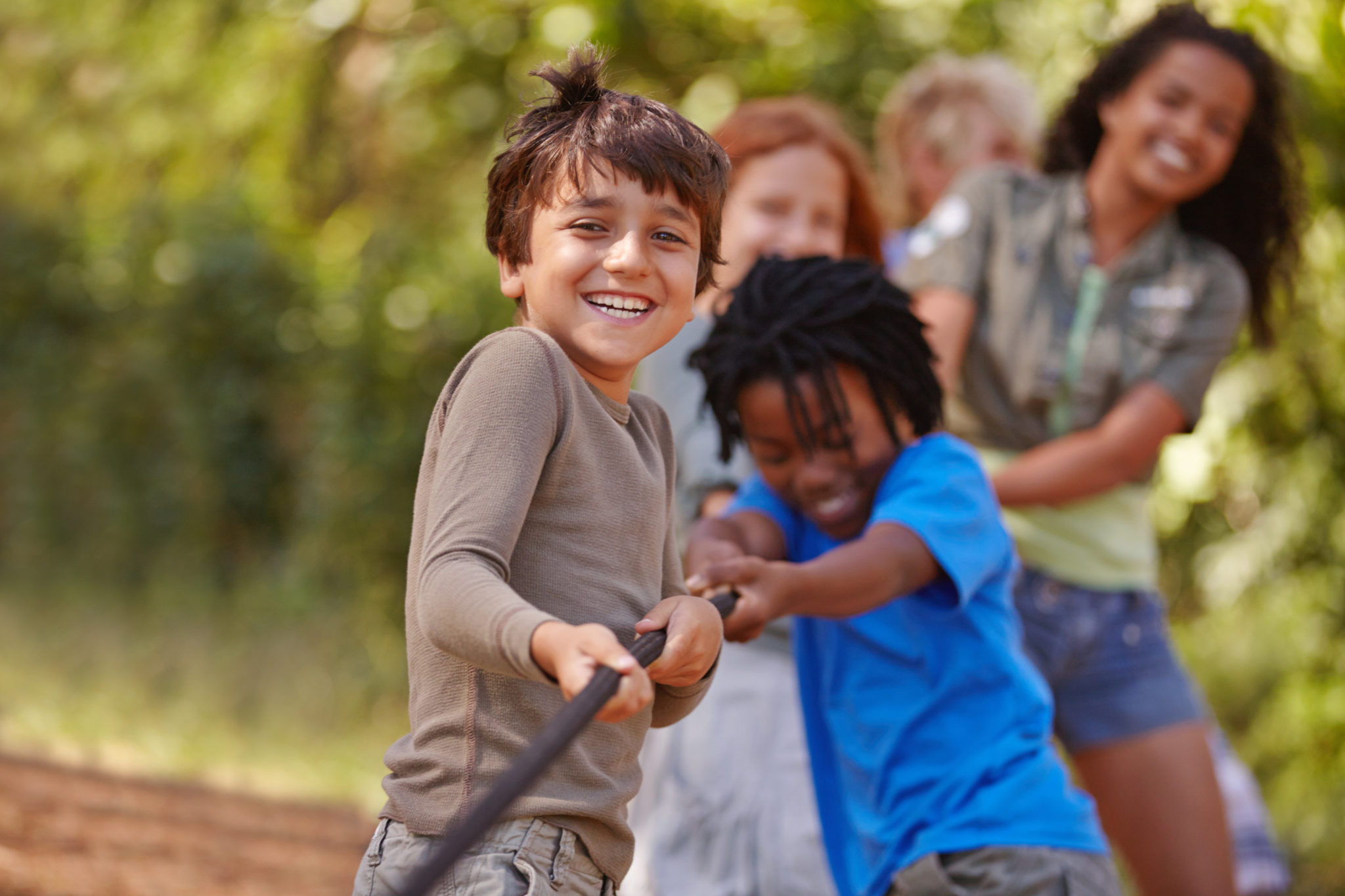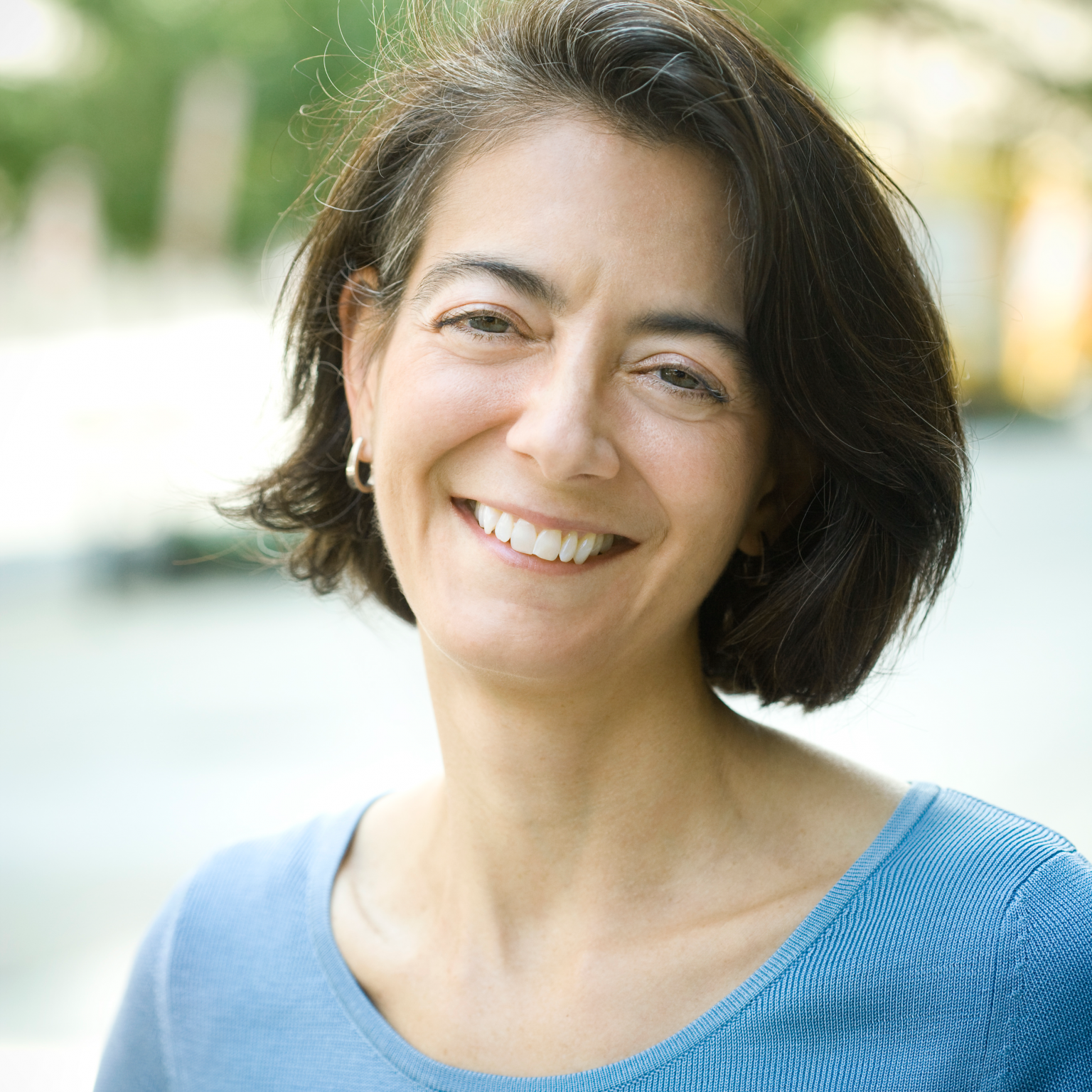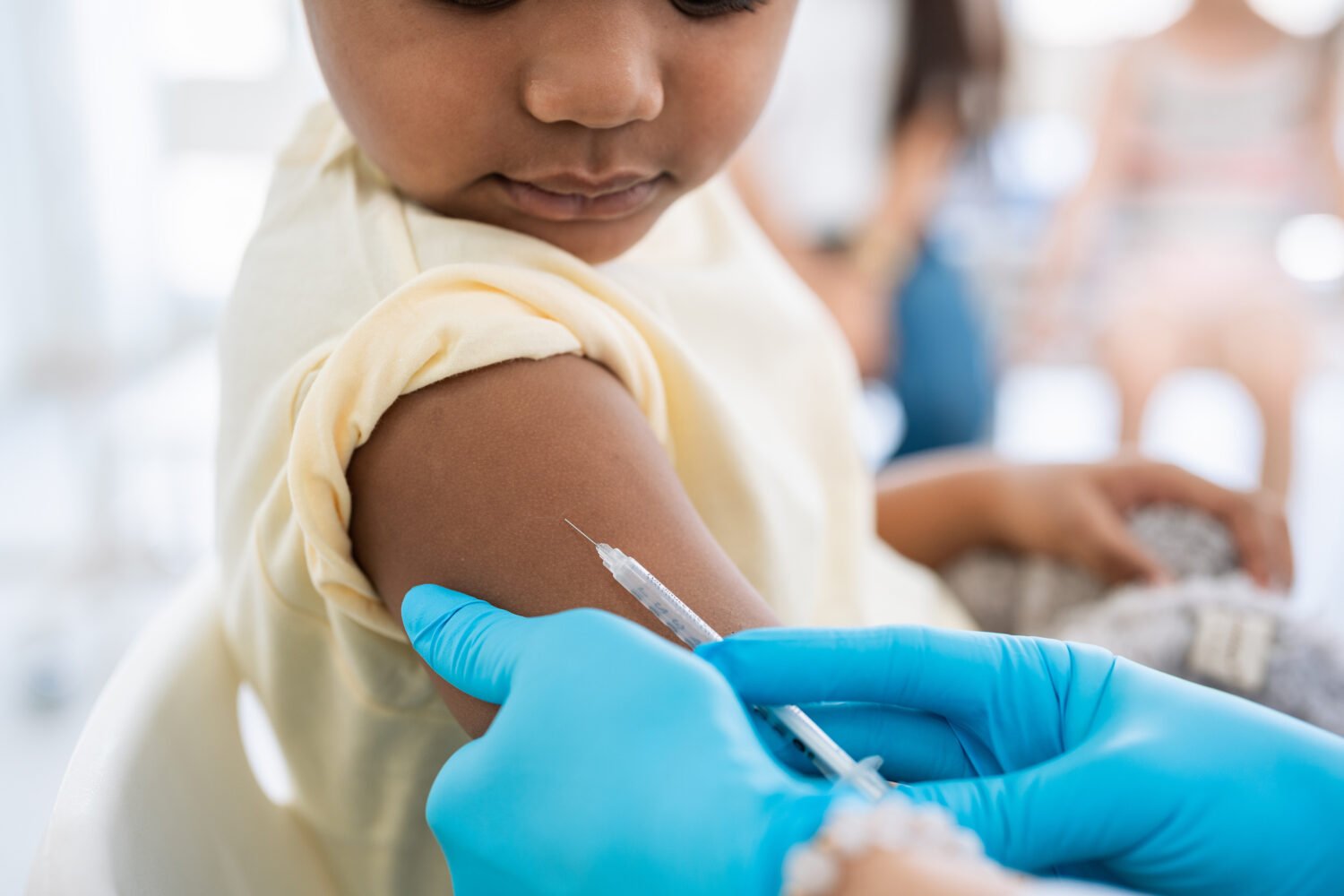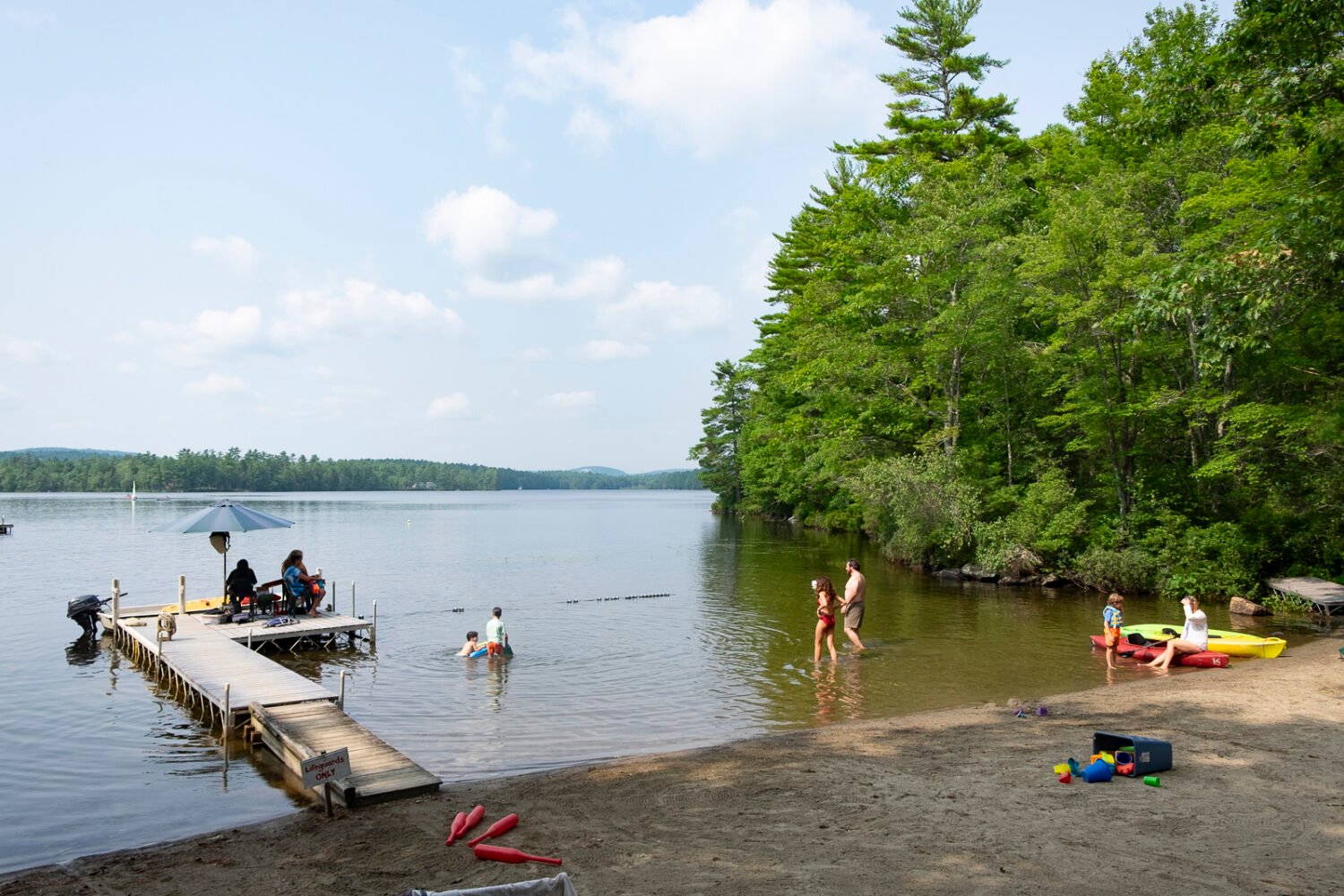It’s the time of year when you might be starting to make summer-camp plans for your child, but we wouldn’t blame you if—given the recent Omicron surge—you’re wondering what camp will look like this summer, let alone whether it will happen.
We talked to experts to get a read on what camps are planning, though of course plans may change. Here are six things to know this year.
1. Covid Isn’t the Only Thing Surging—So Is Demand for Camp
Just like colleges, some camps have an “early enrollment” period in the fall for parents who want to ensure a slot in a certain one. According to Tom Rosenberg, president and CEO of the American Camp Association, early enrollment “skyrocketed” last fall, with interest both from families who send kids every year and from those new to camp.
Lauren Kasnett Nearpass, cofounder of Summer 365, which works one-on-one with families to find a camp that best fits their child, agrees: “We had a huge explosion of business in 2021. We had almost 50 percent growth in the number of families we work with.”
2. Camps Will Do Everything They Can to Stay In-Person
One reason for the surge in enrollment: Most camps are committed at this point, even in the face of variants, to being in-person.
Unlike last summer, many children heading there will be vaccinated—and some camps have already announced they’ll require vaccination. Camps will likely still practice the same mitigation strategies as last year, such as frequent hand-washing, podding kids in small cohorts to contain outbreaks, and frequent testing. “The great news,” Rosenberg says, “is we’ve demonstrated that that works.”
The appeal of in-person isn’t hard to understand, after the toll the pandemic has taken on some children. Because cell phones and Internet-enabled electronic devices are usually banned, camps are an antidote to all the screen time of virtual learning. What’s more, much of what kids do at camp—swimming, archery, canoeing, crafts—can be done safely outside and so will feel familiar.
“Sleep-away camp presents itself as one of the most normal experiences we can still provide our children,” Nearpass says. And normal is what most parents want these days for their children.
3. Camps Are Hiring More Mental-Health Professionals
Last summer, many kids at camp experienced panic attacks and eating issues, say the experts we spoke with. After being 24-7 with parents and away from peers, more children also experienced homesickness and problems getting along with other kids.
“What we’re hearing from camp directors now is they will have people on staff to address those issues. That is something that had never happened before in my experience,” says Eve Eifler, director of Tips on Trips and Camps, another no-cost-to-parents service that matches campers and camps. The mental-health professionals, she explains, won’t be there “to do therapy but to navigate when kids and staff are having struggles.”
Although most children have been back at school since last summer and are less isolated, Rosenberg reports that many are still behind in social and emotional development, especially when it comes to building confidence, resiliency, and relationships: “Many kids were by themselves, and that diminished their resilience. Kids need to practice trying new things and making mistakes and trying again.” Camp, he says, is a perfect environment for that.
4. Camps Are Going Back to Basics
Prior to Covid, many parents sought out camps with the latest sports gear or STEM offerings over traditional fun like campfires and games of Capture the Flag.
But this summer, parents and camps “really are going back to basics,” Eifler says. “That’s a response to where kids are right now. They have to learn how to live in a bunk full of other kids and live away from their parents. It’s not a time for leaps and bounds. Camps are not starting new initiatives. They’re focusing on how to be a friend, how to be kind, how to experience failure and not fall apart.”
Camps are planning more group activities, too. Part of that is due to Covid: Having children do things in pods, instead of mixing the whole camp, can help contain any infection. But that’s not the only reason.
“Kids have been away from each other so much,” Rosenberg says. “Camp is all about being together.”
5. Kids May Stay Longer at Camp
According to camp consultant Lauren Nearpass, many parents decided last summer to send their children to sleep-away camps for more than two weeks—a trend she sees continuing this year.
Nearpass says parents opted for longer sessions because kids had been cooped up. But doing so had another benefit: “It wasn’t until the end of week two that camp was deemed Covid-free and a safe environment” due to testing schedules. After the two weeks or so, she explains, campers could more freely mix, without masks, among those outside their pod who had been similarly quarantined. Some camps modified procedures to limit contact, at least at first, between kids staying the full summer or for consecutive sessions with new campers cycling in.
6. Parents May Go to Camp, Too
Some sleep-away camps offer “family camp” at the end of the children’s session—the kids spend seven weeks at a camp in, say, Maine or New Hampshire, then their parents can join them for one final week.
“I wouldn’t be surprised to see family camp skyrocketing this summer,” says the ACA’s Tom Rosenberg. “Everyone needs some positive, safe adventure right now. To breathe fresh air and put down that phone.”




















